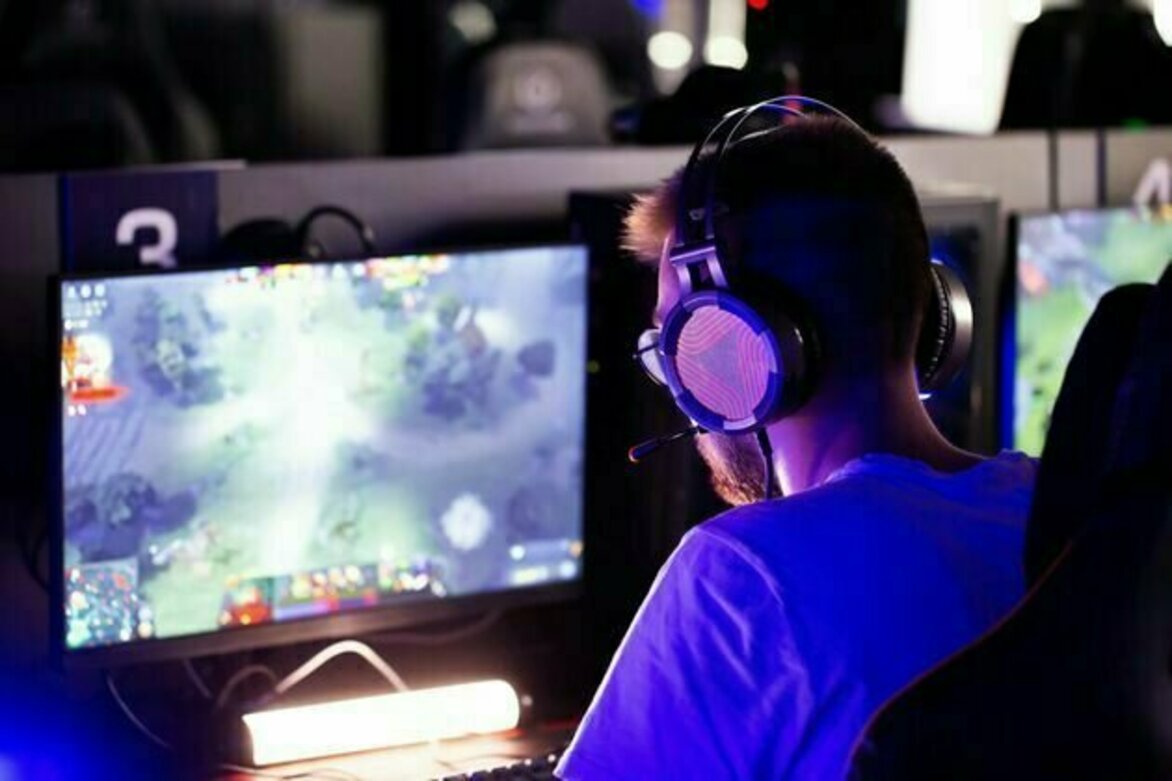How the 'manosphere' spreads through online gaming, influencers and algorithms
The Conversation
03 Apr 2025

The Netflix series Adolescence has generated discussions about masculinity, male violence and the effect of "manosphere" content on boys. The manosphere is a collection of men's rights and misogynistic groups that are interconnected through websites, blogs and forums that promote masculinity, misogyny and opposition to feminism.
Interest in the programme has even led to it being discussed in UK parliament. What is missing from these discussions, though, is a consideration of how online games, and the influencers associated with them, are also contributing to the dissemination of misogynistic ideologies and, ultimately, the radicalisation of young boys.
Generally, people associate gaming with young men, but research has shown that the number of female gamers has slowly increased in recent years. Nevertheless, the same research argued that young boys spend more time playing games.
There is a sizeable body of research looking at how gender, sexuality and interconnecting identities are represented in video games. Much of this highlights the problematic (but complex) ways such identities are portrayed. Many video games rely on stereotypical representations of gender, which position "successful" men as strong, wealthy, aggressive and heterosexual. Meanwhile, women are represented as highly sexualised, or as taking supportive roles.
Looking for something good? Cut through the noise with a carefully curated selection of the latest releases, live events and exhibitions, straight to your inbox every fortnight, on Fridays. Sign up here.
This kind of discrimination features within the underlying philosophies of the manosphere - but misogyny and male supremacism are the central factors.
Incels, specifically referred to in Adolescence, are just one of the groups of the manosphere, but they are by far the most notorious, given misogynist incels association with violence.
Incels (which stands for "involuntarily celibate") view themselves as unsuccessful in obtaining sex and romantic relationships with those they desire. Importantly, they view their lack of sexual or romantic partners as being beyond their own control.
Their ideologies involve viewing women as genetically inferior, manipulative and stupid. Women are simultaneously shamed for having sex while expected to owe men sex, and different men are appraised based on the degree to which they show off their "manliness".
There is a fixation on rigid gender roles as well as perceived hierarchies based on race and gender. Within online incel spaces, any deviation from the strict gender dichotomy is vilified, weaving together misogyny, transphobia and homophobia - among multiple other prejudices.
Many of these prejudices resonate with the same ideologies held by the so-called "alt-right", and some previous research has identified a manosphere to alt-right pipeline.
The exact mechanisms by which impressionable boys are "recruited" to join incel communities are somewhat unknown. The way people join these communities is more complex than someone on social media specifically asking people to join or promising to fix all their woes. However, work has explored how men and boys' repeated exposure to social media that perpetuates incel ideology can normalise such worldviews.
Research on incels has shown how spending long periods on social media and gaming sites exposes young men and boys to incel content. Too much time playing video games, along with a lack of a social life and limited interaction with women and girls, have been stated by men as reasons for identifying themselves as an incel.
Playing games can be a healthy hobby, and not all gamers should be equated with incels. Indeed, multiple video game companies and gaming communities are actively working to combat prejudice. Engagement with video games alone, like any form of media, does not immediately mean that someone will adopt the underlying ideologies that media conveys.
However, the number of problematic representations within media like this creates a baseline from which manosphere ideologies can resonate and might become an entry point to more severe misogynistic ideologies. Many incels find comfort in the escapism offered by video games and online environments where prejudice is less likely to be challenged.
Due to platforms, such as TikTok, X, and Instagram prioritising engagement and profit over content quality or equality, diversity and inclusion, algorithms further contribute to the spread of incel ideologies.
Misogynistic content elicits strong reactions and controversial discussions, which tend to attract more likes, shares, comments and views. Such content is therefore more likely to be recommended and circulated by algorithms, regardless of the harms it may cause.
Video game streamers who espouse rightwing views often use streaming platforms like Rumble and social media websites such as X to spread gender-based hate. While some may not identify as incels or explicitly tell followers to join incel communities, their views align with incel ideologies.
These platforms regularly praise themselves for being immune to "cancel culture". However, this means that they often allow video game streamers (among other influencers) to disseminate misogynistic worldviews, conspiracy theories and ideologies associated with the manosphere more broadly.
The increase in behaviour associated with incel radicalisation does not happen in isolation. Both offline and digital environments (including online games), which normalise misogyny and interconnected prejudice, lead to societies validating impressionable young boys' anger towards women.
One way such misogyny is validated is through repeated patterns of representation and discussions that position women as inferior to men. The onus is on us, as a society, to tackle misogyny and intersectional prejudices wherever we see them.
As researchers, we welcome the new guidance on teaching about misogyny in schools. But there is a need for more support from broader social institutions to develop interventions to prevent incel radicalisation.
We need to learn more about the specific mechanisms by which young and impressionable people are influenced to join misogynistic incel spaces, including what specific streamers and influencers they engage with. And we also need specific government policy that is explicitly informed by research on gender-based violence to tackle incel radicalisation as a gender-based issue.
